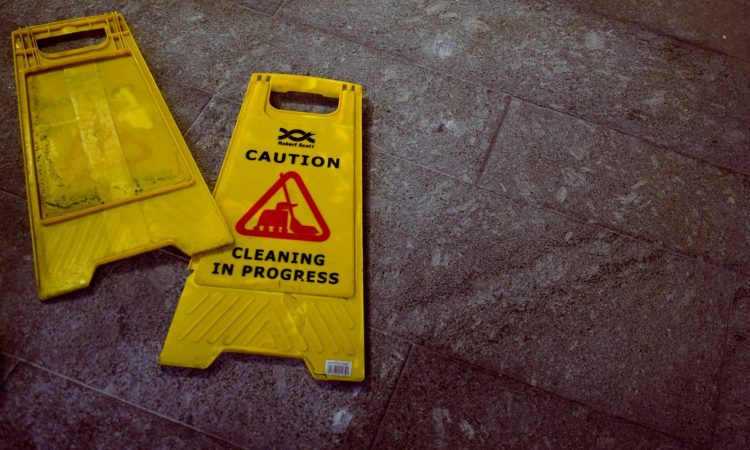
Proposed Review of the Landlord and Tenant Act 1954: What it Means for Landlords and Tenants
The Landlord and Tenant Act 1954 (“the Act”) has been a foundation of commercial property law for over 70 years, providing vital protections for tenants while balancing the interests of landlords. However, the Law Commission is considering a review of the Act to ensure that it continues to meet the needs of both parties in a modern, evolving commercial property landscape.
Under the Act, the current position for a commercial tenant is that they have an “automatic” right to renew their lease at the end of the term, known as “security of tenure”, with the landlord having limited grounds on which they may refuse renewal. However, as the commercial property leasehold market has evolved significantly in recent times – driven by factors such as the rise of remote working and changes in high street retail demand – the Law Commission is exploring whether the law needs to be updated to reflect modern commercial practices.
A key focus of the proposed review is to ensure that the system remains fair, transparent, and effective for both parties. Landlords and tenants alike may face new challenges as the review moves forward, with potential changes to the renewal process.
At Hopkins Solicitors, we are closely monitoring the progress of these proposed changes and are here to advise our clients on how any future amendments to the Act may affect their leases, rights, and obligations. Whether you are a landlord looking to protect your property interests, or a tenant seeking to understand your position, our expert commercial property team is ready to guide you through the potential impacts of this important review.
Stay tuned for further updates as the Law Commission’s review of the Landlord and Tenant Act 1954 unfolds.
Request a CallbackRelated Articles
-

Missed Diagnosis of Cauda Equina Syndrome: A Case for Medical Negligence
Cauda Equina Syndrome (CES) is a severe neurological condition that requires urgent medical intervention. A failure to diagnose and treat…
-

Stay Safe This Half-Term: A Guide to Avoiding Injuries During the Easter School Holidays
With the Easter school holidays just around the corner, families are gearing up for a well-deserved break from the usual…
-

I am a landlord and my commercial tenant is insolvent – what are my options?
For landlords of commercial premises, dealing with potential insolvent tenants can be a challenging situation as it involves both legal…